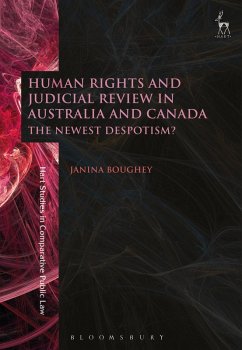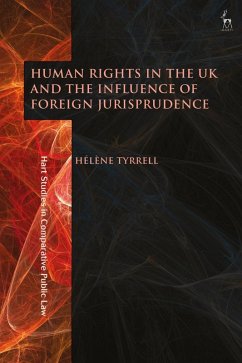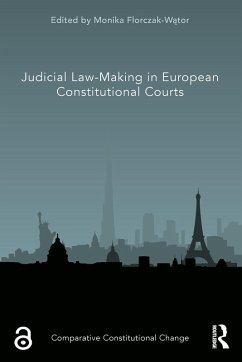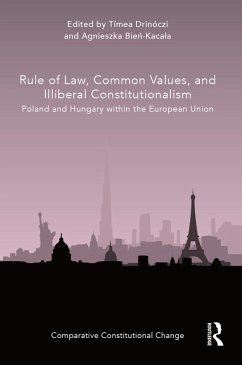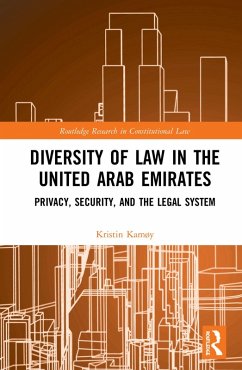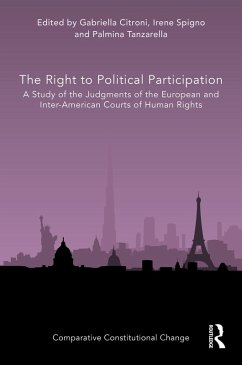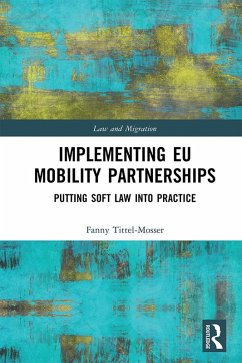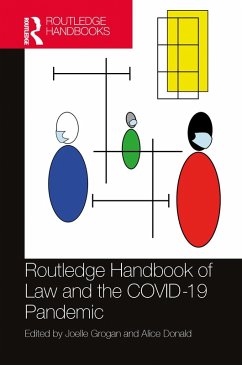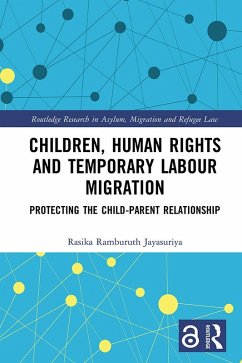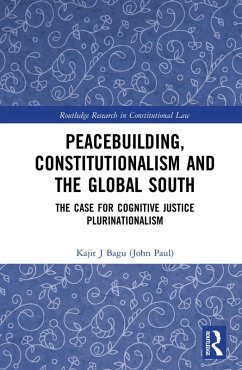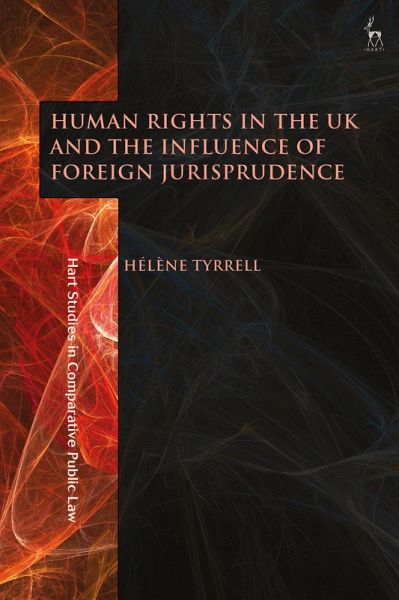
Human Rights in the UK and the Influence of Foreign Jurisprudence (eBook, ePUB)

PAYBACK Punkte
16 °P sammeln!
Longlisted for the 2022 Inner Temple Main Book Prize Human Rights in the UK and the Influence of Foreign Jurisprudence represents the first major empirical study of the use of foreign jurisprudence at the UK Supreme Court. This book focuses on the patterns of use and non use of rulings from foreign domestic courts in human rights cases before the UK Supreme Court. Results are drawn from quantitative and qualitative research, presenting data from the first eight years of Supreme Court activity. The evidence includes interviews with active and former members of the senior judiciary, as well as a...
Longlisted for the 2022 Inner Temple Main Book Prize Human Rights in the UK and the Influence of Foreign Jurisprudence represents the first major empirical study of the use of foreign jurisprudence at the UK Supreme Court. This book focuses on the patterns of use and non use of rulings from foreign domestic courts in human rights cases before the UK Supreme Court. Results are drawn from quantitative and qualitative research, presenting data from the first eight years of Supreme Court activity. The evidence includes interviews with active and former members of the senior judiciary, as well as a focus group including some of the Supreme Court Judicial Assistants. It is argued that foreign jurisprudence is more intimately woven into the fabric of judicial reasoning, and serves a wider range of functions, than the term 'persuasive authority' might imply. Foreign jurisprudence is used mainly as a heuristic device, providing judges with a fresh analytical lens. Foreign jurisprudence is also important when interpreting a common legislative scheme, supporting dialogue between the Supreme Court and supranational courts such as the European Court of Human Rights. The perspectives offered by foreign jurisprudence can also support a stronger conception of domestic human rights. In these ways, this book addresses a broader political question about the source of human rights in the UK.




